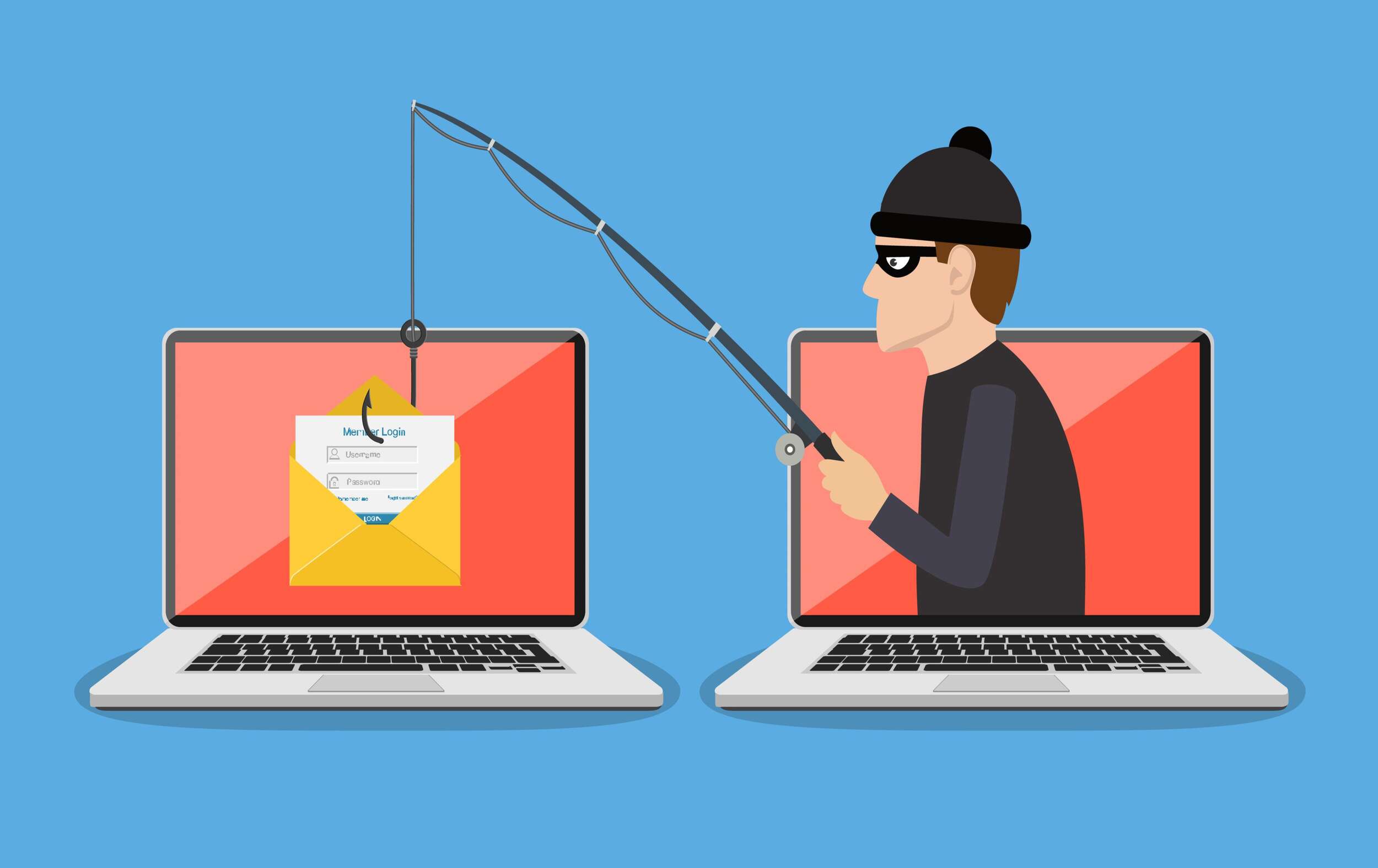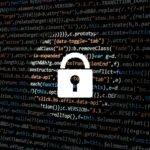I believe there exists no email address that does not receive any phishing email. It may be a different thing that a phishing email may not get delivered to an email id because of a secure perimeter. However, if an email address exists then there is a sure shot attempt at sending a scam email to that address.
Why Phishing Email?
Phishing email is an attempt by the scammer to get the recipient to reveal valuable information about himself. The purpose of this attempt is to use the information so received for personal gain of the scam email sender.
Can One Avoid Getting Phishing Emails?
The simple yet unfortunate answer is No.
Sorry, I am wrong. Yes, you can avoid getting phishing emails. You need to do one simple thing. Don’t use email as a medium of communication! As someone said, marriage is the single biggest cause of divorce. Similarly, one gets phishing emails because one uses emails. So, as I said earlier, you cannot avoid getting a phishing email if you use emails.
Human beings are social animals who interact with other humans. And if there is interaction between people, there is the need to be on guard to protect oneself.
Are scam emails really a threat?
Earlier I used to think that scam emails are not really a threat. There is an unnecessary fear psychosis that has been created about such emails. Most people who use computers are savvy and know how to take care of themselves.
Over a period of time I realized that I was grossly mistaken. Phishing emails are a threat.
1. If scammers send scam emails it is because people get scammed. The scam artists must be making money, else why would they waste their time & money sending such emails.
2. I also know of many computer users who are not technically savvy. They make common mistakes such as clicking on links in emails from unknown senders. Many open attachments in the emails received from unknown senders. All this when they are not protected by any anti-virus software.
3. Many people are not able to identify dangerous links in emails.
4. Every day I receive scores of phishing emails. Why? The scam email sender must not be doing this just for kicks. He is doing it because he expects people to fall prey to the scam. The email sender will in turn make money. If I get scam email, so must be others.
5. Many corporate networks have been infected with viruses and malware because users have fallen victim to phishing scams.
6. One reads everyday about people falling prey to phishing scams. People lose money, their identity, access to their devices and what have you, because they have been conned online.
7. Sometime back a well known and respected journalist in India was a victim of an elaborate scam to the extent that she quit her job and announced she is joining Harvard as a Professor. If someone like her could be duped, what hope there is for the lesser savvy computer users?
Phishing emails are a threat to most ONLINE users
Having established and accepted that online fraud is common and widespread we need to understand how it works.
If we know the modus operandi of the scams, we can take precautions and protect ourselves and those that we care about.
With that objective I started to communicate with the scammers sending phishing emails when ever possible! Yes, I know it is dangerous. But I think the risk is well worth the trouble.
Here you will find:
1. My email communications with senders of phishing emails. This of course is possible only in those cases where the scammer has shared a reply to email address. He expects the recepient to write back and reveal infromation about himself that the scammer can use. Or in many cases he expects the email recepient to give him money in the hope of a far bigger return. You may like to read them and get insider idea about how the scam operates.
2. Phishing scam emails where no communication is possible because the objective of the sender is not to get information about the recipient. Rather, the objective of such scam emails is to infect the recipient’s computer / device with virus or malware. Such scam emails are discussed and what to look for in them is highlighted.
3. Database of scam emails. You could search for emails here to see if they resemble anything that you have received. Please note that this website is a work in progress. The database will get built over a period of time. In case you do get an email that you would like to enquire about, and do not find it here, you can use the Contact Us page to get in touch. I cannot guarantee that I’ll be able to help, but will definitely try.
4. Articles on how to carefully tread the world wide web and protect oneself from the online predators.
A word of caution
I am not an expert on Cyber security. Don’t take my advice as the final word on internet security and phishing emails. I am also learning as I go along. Online security like any other security is to a great extent based on common sense.
Common sense and general awareness tells us that we should:
1. keep our homes and property secure. So use the best of security products and services.
2. not trust strangers blindly.
3. keep away from solitary roads especially after dark. etc. etc.
Similar common sense behaviour is applicable online. Evalaute everything yourself and then take action.
Your online security is in your hands. No scammer can con you if you don’t allow them to.









This really sounds interesting. Will bookmark this website for some interesting read
Thanks Akhil. Glad you like the idea. Look forward to more interaction and comments from you
Phishing is bad and must be exposed. People need to be made aware of how these scams are made. Seems like a good attempt. Keep it up.
Thanks Collins for your appreciation. It is our endeavor to help make the online world safe for everyone. Hope to read more comments and suggestions from you in future.
Hello, I have a long conversation in e-mail from a scammer. I made them lose a lot of time. I can share it with you to publish it here if you’d like.
Many thanks Elizabeth. Sure you can share the email conversation and we’d be happy to publish it here. Am sending you a separate email for the same.